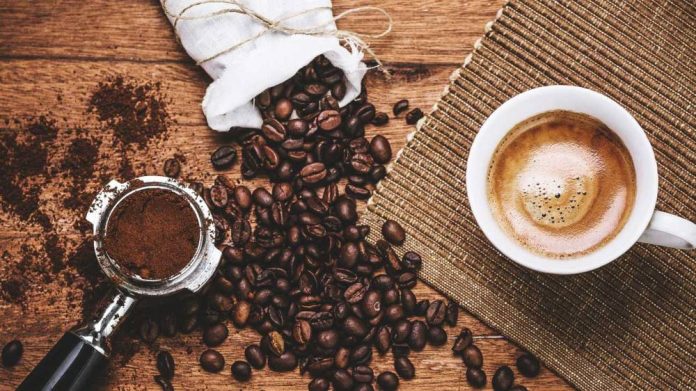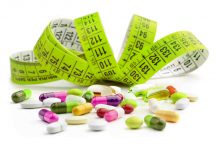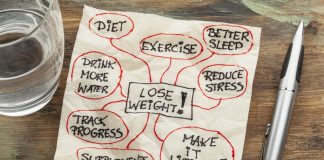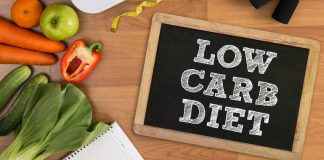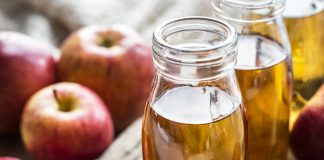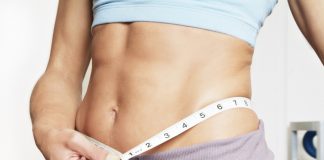Many of the food and drink gadgets that children and teens crave have caffeine in them. You can find caffeine in soda, electricity drinks, and chocolate sweet — even hot cocoa. If those are a number of your infant’s favorites, he or she can be consuming more caffeine than you think.
About 73 percent of kids consume caffeine on any given day, in keeping with the Centers for Disease Control and Prevention (CDC). That’s roughly 3 out of four youngsters who often have caffeine. Most of these children get their caffeine from soda. But soda consumption is at the decline, says the CDC. It is being replaced through power liquids and coffee.
Is caffeine horrific for my infant?
Caffeine is a stimulant. More than that, it is a drug. It is defined as a drug as it stimulates the significant nervous machine. In adults, this indicates it can make you more alert, even provide you with more energy. In children, caffeine can improve blood pressure and intrude with sleep. It can make children less privy to being tired. It can affect their moods, and make anxiety worse. They may even suffer complications from caffeine withdrawal.
Not loads is thought about how caffeine influences a toddler’s growing brain. But youngsters (in particular younger kids) may be sensitive to the results of caffeine.
The U.S. Food and Drug Administration (FDA) has no longer presented a recommendation regarding caffeine and kids or young adults. However, the American Academy of Pediatrics (AAP) recommends against caffeine being part of a child’s food regimen.
What about my youngster?
As increasingly more teenagers change soda for strength drinks, they have turn out to be a focus of caffeine intake.
The AAP states that kids have to no longer eat electricity liquids and infrequently want sports beverages. “Energy drinks pose potential health dangers because of the stimulants they include, and need to by no means be fed on by means of kids or young people,” in step with the AAP.
The American Academy of Family Physicians (AAFP) states that the FDA ought to set recommendations for energy beverages. Labels ought to be standard and straightforward. Products should be examined and managed. AAFP is also towards advertising and promoting energy merchandise to kids beneath 18 years antique.
Hidden caffeine
You already know that soda, coffee, strength beverages, and chocolate include caffeine. What you can no longer understand is that caffeine is every now and then “hidden” in different meals and beverages, too. And you gained’t even discover it on the label. Because caffeine isn’t a nutrient, meals manufacturers aren’t required to list it on the food label.
Here are a few examples of food and drink where caffeine can be hiding:
yogurt
ice cream
decaf coffee
protein bars
a few root beers
flavored sodas (that aren’t cola).
Path to advanced fitness
It is difficult to completely avoid caffeine. But you may paintings to minimize the quantity of caffeine your infant consumes each day.
A excellent start is to try to get rid of soda out of your baby’s food plan. If your infant drinks lots of soda, you may need to start slowly. Begin by proscribing the number of sodas your baby liquids until you get to zero. Instead, offer your child water or milk to drink. These are of the high-quality drinks for children. If your baby is active, withstand the urge to offer him or her sports drinks.
It can be extra difficult to convince young adults to restriction their beverages to milk and water. Your youngster may additionally bitch about desiring the electricity raise caffeine gives. If so, inspire them to workout. Working out can purpose your teen to sleep higher and have extra strength.
Things to recollect
Many caffeinated liquids are also loaded with sugar. Drinking sodas, flavored coffees, and energy liquids can upload loads of calories in your child’s weight loss plan. Over time, this will cause weight problems.
Sugar can also cause insulin resistance and cause type 2 diabetes.
The sugary drinks are also dangerous to your infant’s teeth. They can cause enamel decay and cavities.
When to look a physician
If you believe you studied your baby may also have overdosed on caffeine, you ought to contact your health practitioner without delay. Overdoses are rare, however do appear. According to Poison Control, signs and symptoms of a possible caffeine overdose can be slight or severe. Mild symptoms consist of shaky palms (jittery) and an disenchanted belly. Severe signs and symptoms include high blood stress, seizures, or even coma (loss of attention).
Questions in your doctor
Are there any fitness advantages related to caffeine?
At what age can someone properly consume caffeine?
What other health risks are related to youngsters ingesting caffeine?
How can I inform what foods have caffeine in them?
If my child quits caffeine now, have to I worry about withdrawals?

